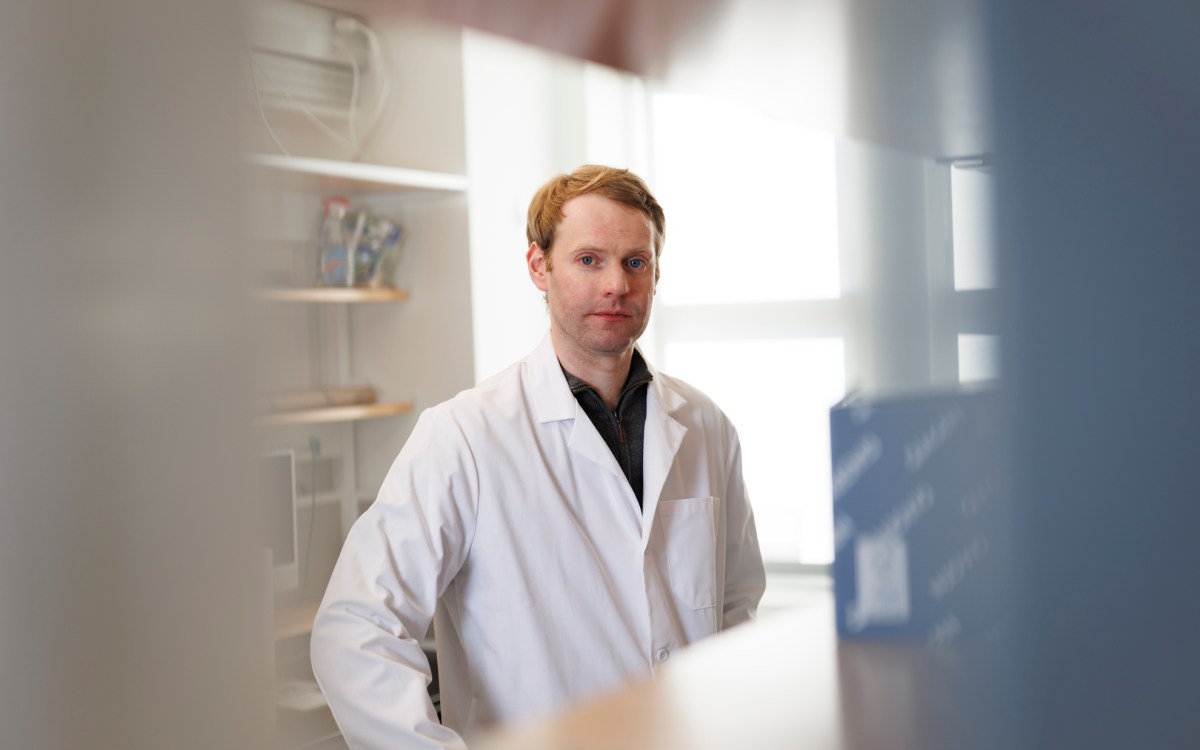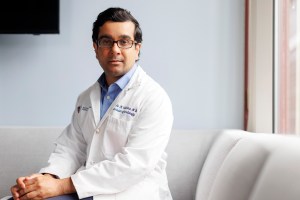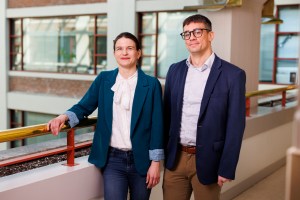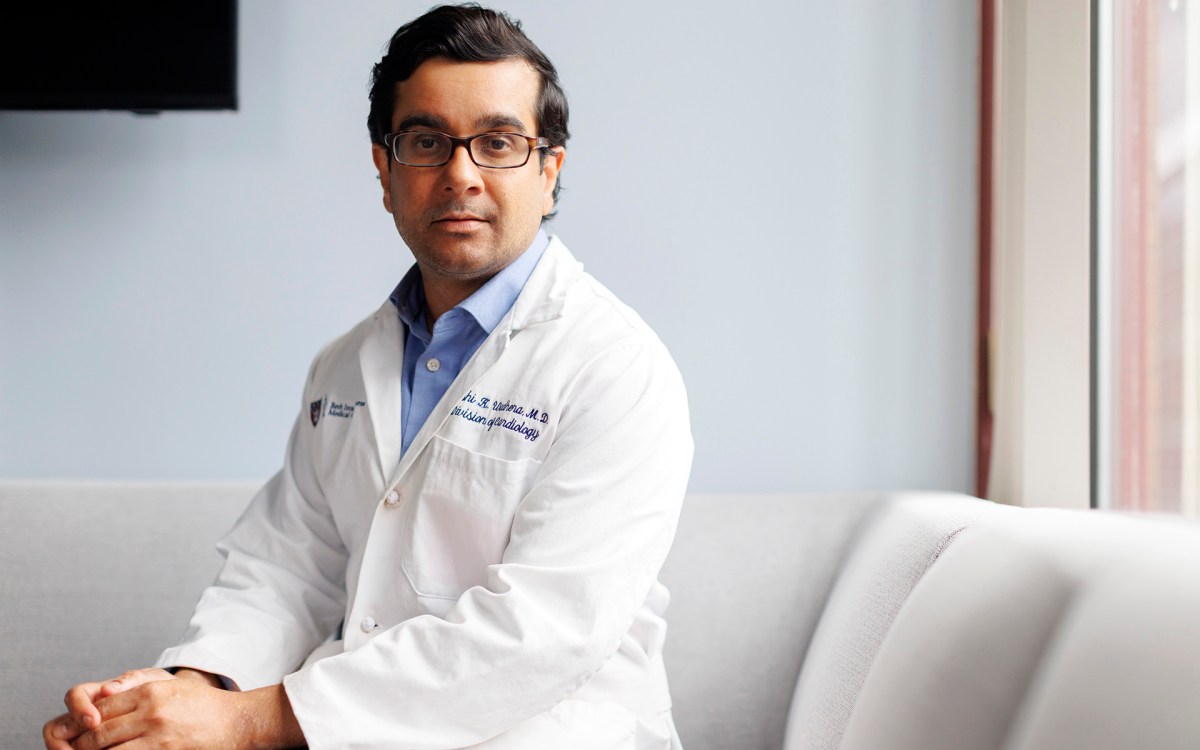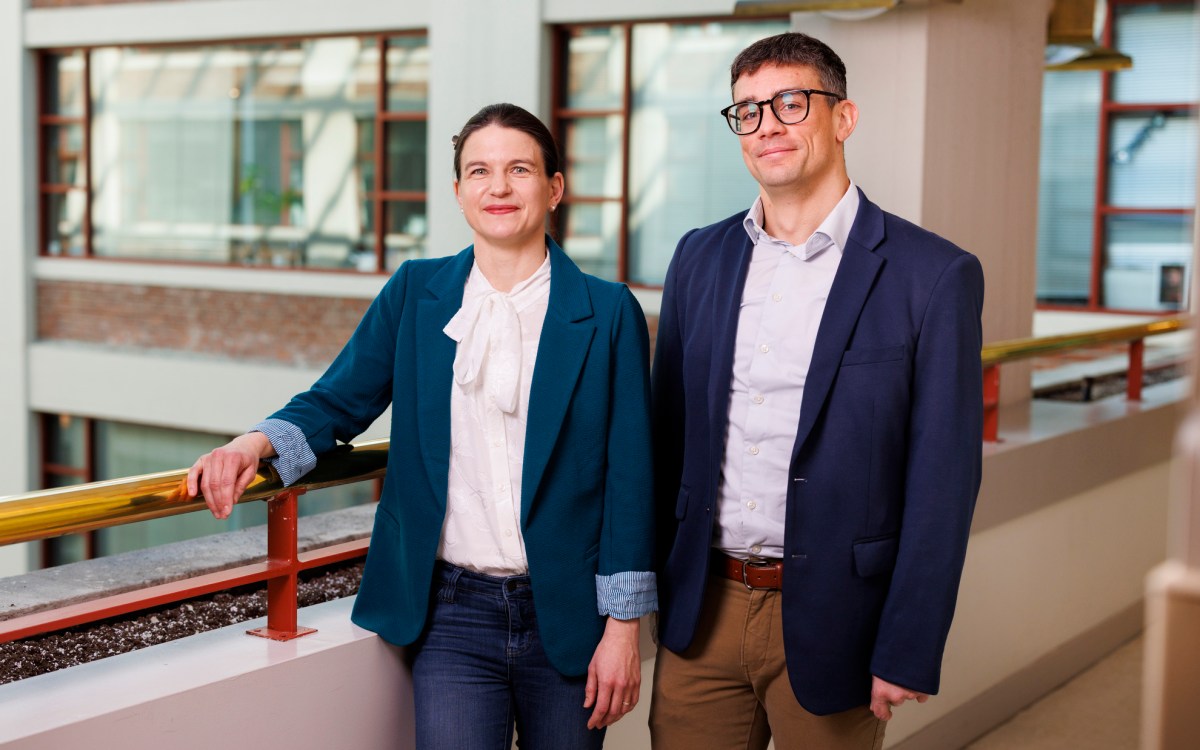As wave of dementia cases looms, Law School looks to preserve elders’ rights
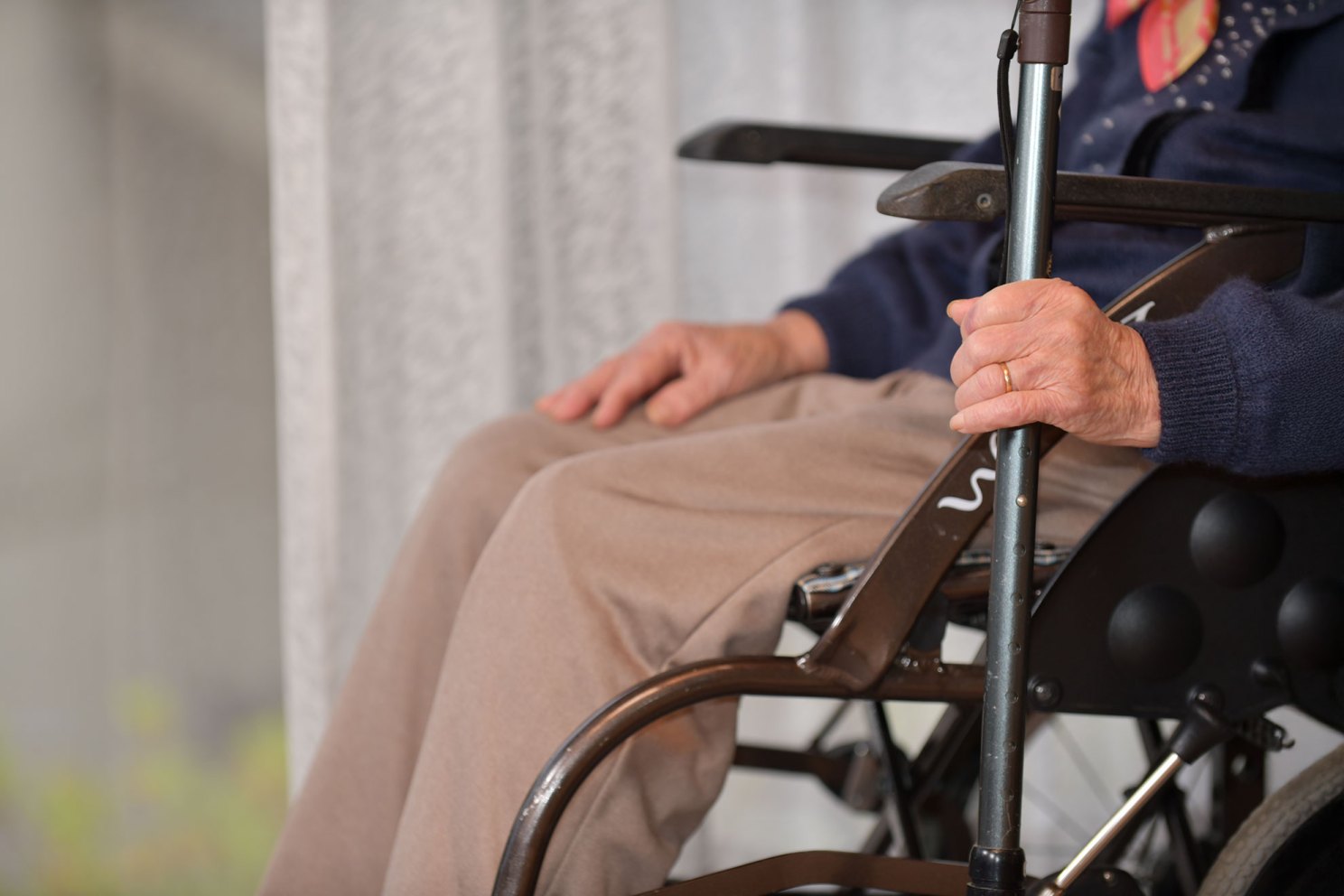
Academic experts seek improvements that could protect decision-making authority and autonomy
An estimated 42 percent of Americans over the age of 55 will eventually develop dementia, and as the U.S. population ages, the number of new dementia cases per year is expected to double by 2060. The demographic shift promises to increase the pressure on already-strained healthcare systems and caregivers.
It’s also a challenge for the law.
At a conference hosted by the Petrie-Flom Center for Health Law Policy, Biotechnology, and Bioethics at Harvard Law School last month, researchers from multiple disciplines, both from across Harvard and from other universities, explored how current laws too often strip decision-making authority from older adults, and what improvements could help those older adults keep more of their autonomy as their capacities decline.
Not all older adults experience cognitive decline, and not all cognitive decline looks the same.
Duke Han, University of Southern California
Not all older adults experience cognitive decline, and not all cognitive decline looks the same, said Duke Han, professor of psychology, family medicine, neurology, and gerontology at the University of Southern California. For example, the entorhinal cortex, which mediates between parts of the brain responsible for drawing on experiences and for values-based decision-making, is often one of the first parts of the brain to be affected in Alzheimer’s disease. Researchers at Han’s lab recently found that people with thinning in that region are likelier to fall victim to financial scams. It’s a finding that could help explain why someone might function well in most areas of life while requiring decision-making support with their finances.
The more physically frail an older adult is, the likelier they are to report financial exploitation, Han said. But family and friends can safeguard against those trends. “Social connectedness is important, but it’s not just how many connections someone has,” he said. “In our most recently published paper, we found that it’s really the depth of connection socially that someone has that seems to be protective in this regard.”
The law has traditionally taken a binary approach to decision-making capacity: Either you have it or you don’t, and those who don’t have been labeled incapacitated, incompetent, or insane in some states.
“Current state statutes, which include living wills or advance directives, powers of attorney for healthcare, powers of attorney for financial matters, supported decision-making, default surrogate decision-making statutes … These just don’t fit individualized circumstances very well. We call them one-size-fits-all,” said Leslie Francis, Alfred C. Emery Distinguished Professor of Law and Distinguished Professor of Philosophy at the University of Utah.
Often, the law has focused on transferring rights and protections to family members or other representatives who make decisions for those deemed unfit. But that approach can sideline the preferences and values of the older adults themselves, who may still have capacities to manage some or most of their own affairs.
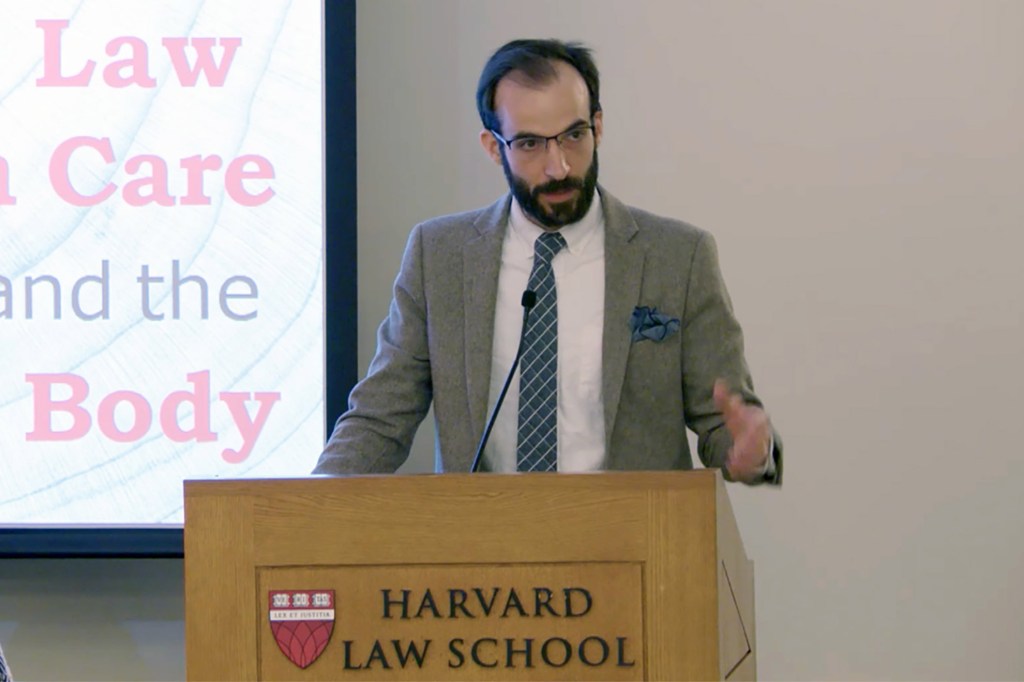
A 2023 piece of model legislation from the American Bar Association, the New Uniform Health Care Decisions Act, would move states in the direction of autonomy for those with cognitive decline. It includes a model form written in plain language that allows individuals not only to indicate specific types of care they do or do not want, but also to identify goals and values they wish to guide future healthcare decisions, reflecting the deeply personal realities of aging.
To date, only two states — Delaware and Utah — have adopted the New Uniform Health Care Decisions Act. But an international body may soon offer its own guidance for protecting the rights of older adults. In April 2025, the United Nations Human Rights Council passed a resolution to start negotiations for a new human rights treaty for older persons.
Hezzy Smith, director of advocacy initiatives at the Harvard Law School Project on Disability, said the U.N.’s treaty would build on the agency’s Convention on the Rights of Persons with Disabilities. Smith said the U.N. committee charged with monitoring the convention’s implementation “has made very clear that people with disabilities have been subject to egregious human rights violations as a result of legal capacity restrictions, and it made it very clear that, from a human rights perspective for the committee, states will have to do wholesale transformations of their substituted decision-making regimes in their home countries in order to usher in … regimes of supported decision-making. They rejected the notion that there are haves and have-nots with regard to legal capacity.”
Smith said U.N. member states might take a different approach for older adults, potentially prioritizing positive outcomes over optimizing for maximal rights preservation — a distinction that could shape how the international community balances autonomy with protections for aging populations.
Other Harvard speakers at the conference were I. Glenn Cohen, Petrie-Flom Center faculty director, James A. Attwood and Leslie Williams Professor of Law, and deputy dean of HLS; Susannah Baruch, executive director of the Petrie-Flom Center; Michael Ashley Stein, visiting professor at HLS and executive director of the HLS Project on Disability; Francis X. Shen, professor of law at the University of Minnesota and member of the Harvard Medical School Center for Bioethics; Abeer Malik, Petrie-Flom Center student fellow; and Diana Freed, assistant professor of computer and data science at Brown University and a visiting researcher at the Petrie-Flom Center.
